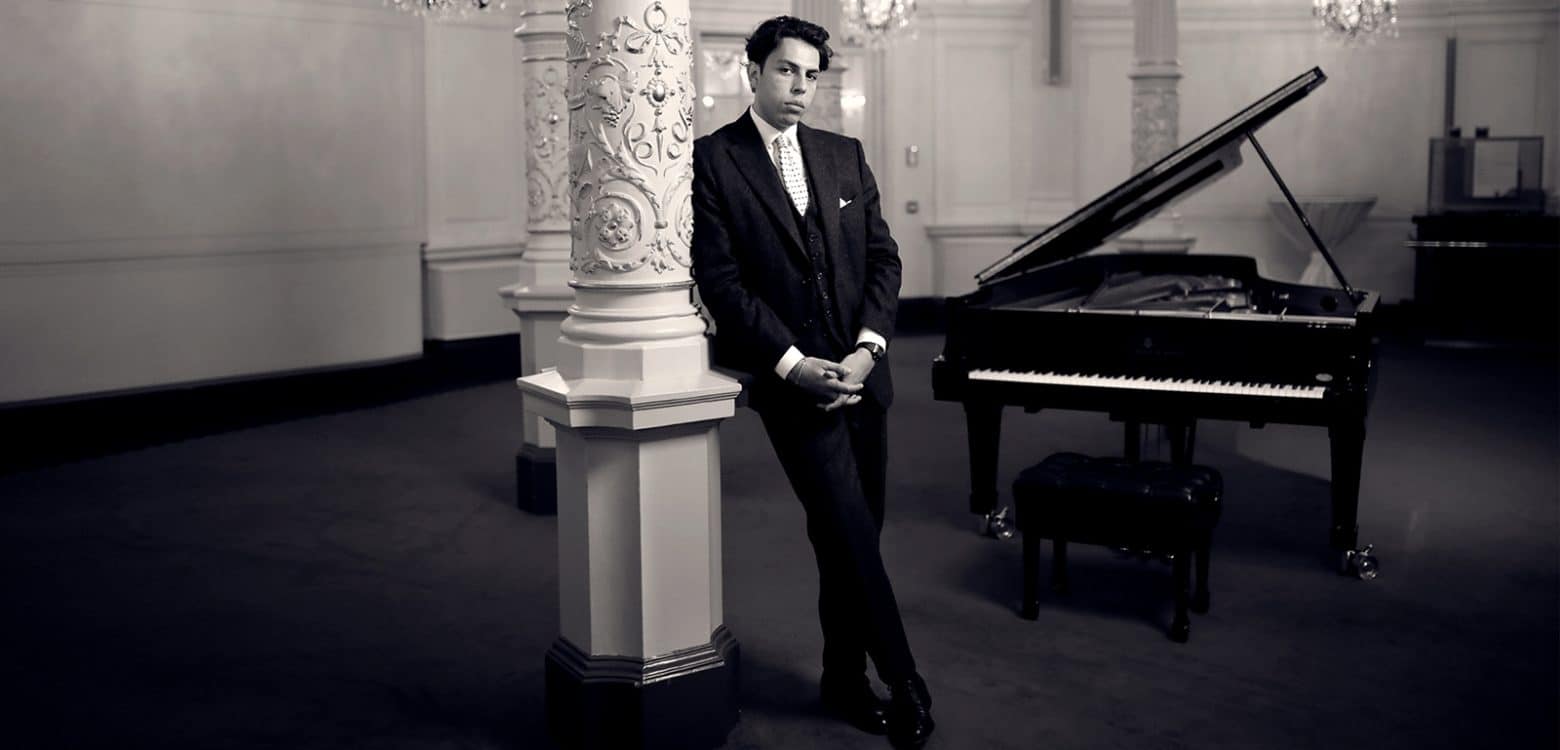Labour leader: Cut the arts
mainLiz Kendall, who is running for the leadership of the British Labour Party, has said she wants arts money from the National Lottery to be spent on ‘deprived children’
Liz is the lone Blairite candidate in a charisma-free, low-key contest. She may have just blown her credentials as the middle-ground candidate – though we should remember that Tony Blair himself took a populist anti-arts subsidy line in his first years as prime minister.






Comments